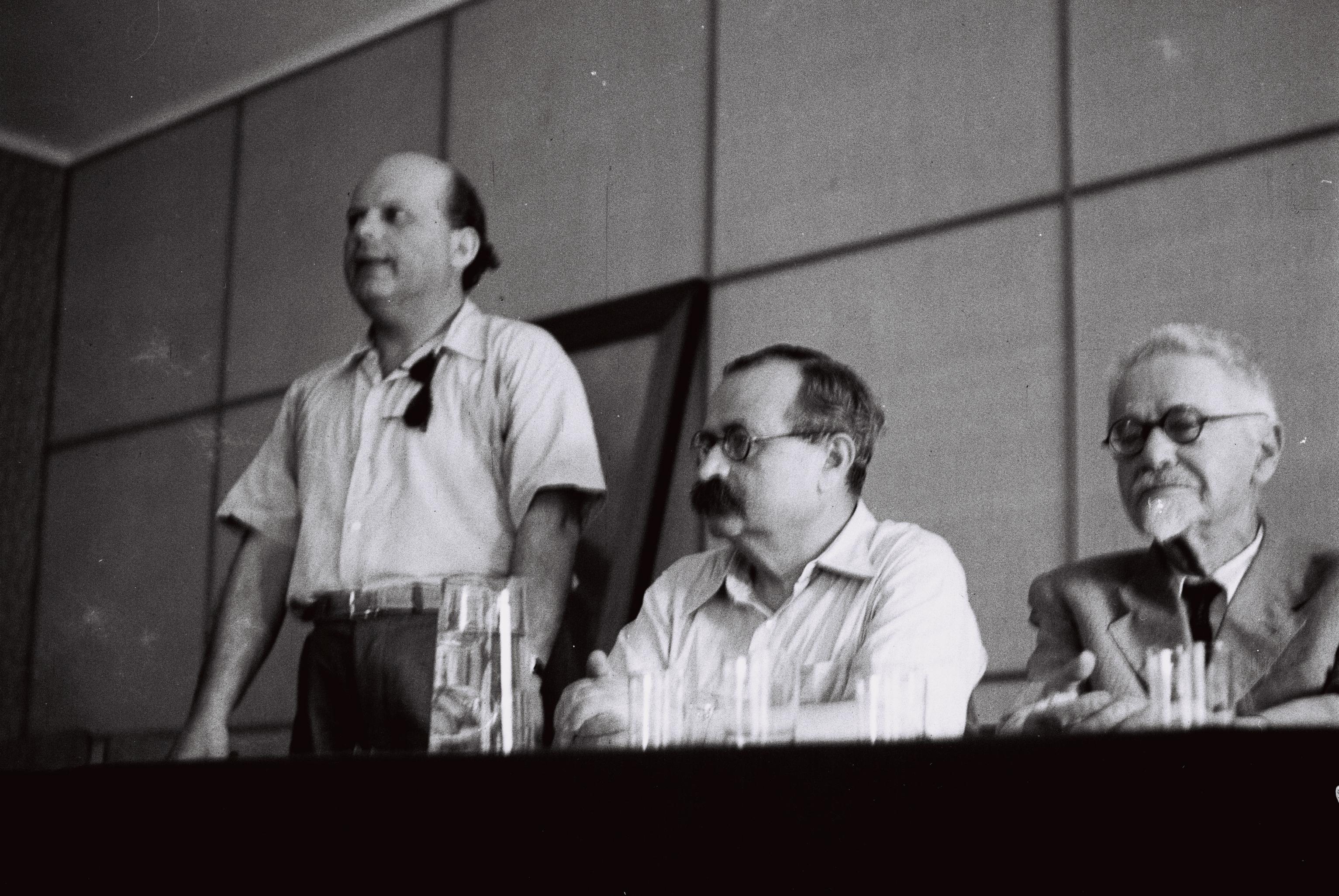|
Asher Barash
Asher Barash was a writer, editor, teacher, and translator. He wrote stories, non-fiction, and poetry about the “early struggles of Palestinian Jewry.” He was born in Galicia. He won the Bialik Prize in 1940 for his Hebrew language novel ‘’Alien Love’’. He died in June 1952, aged 63, of a heart attack. See also S. Y. Agnon Shmuel Yosef Agnon ( he, שמואל יוסף עגנון; July 17, 1888 – February 17, 1970) was one of the central figures of modern Hebrew literature. In Hebrew, he is known by the acronym Shai Agnon (). In English, his works are published und ... References {{DEFAULTSORT:Barash, Asher Israeli writers Year of birth missing (living people) Living people ... [...More Info...] [...Related Items...] OR: [Wikipedia] [Google] [Baidu] |
Barash Shalom
Barash is a surname. Notable people with the surname include: *Brandon Barash *David P. Barash *Joshua Barash *Amanuel Barash See also *Blush (2015 film), originally titled "Barash" *Barash(Wally), the hero of the animated series Kikoriki *Sy Barash Regatta *Barasch {{surname, Barash ... [...More Info...] [...Related Items...] OR: [Wikipedia] [Google] [Baidu] |
Galicia (Eastern Europe)
Galicia ()"Galicia" ''Collins English Dictionary'' ( uk, Галичина, translit=Halychyna ; pl, Galicja; yi, גאַליציע) is a historical and geographic region spanning what is now southeastern Poland and western Ukraine, long part of the Polish–Lithuanian Commonwealth.See also: It covers much of such historic regions as Red Ruthenia (centered on Lviv) and Lesser Poland (centered on Kraków). The name of the region derives from the medieval city of Halych, and was first mentioned in Hungarian historical chronicles in the year 1206 as ''Galiciæ''. The eastern part of the region was controlled by the medieval Kingdom of Galicia a ... [...More Info...] [...Related Items...] OR: [Wikipedia] [Google] [Baidu] |
Bialik Prize
The Bialik Prize is an annual literary award given by the municipality of Tel Aviv, Israel, for significant accomplishments in Hebrew literature. The prize is named in memory of Israel's national poet Hayyim Nahman Bialik Hayim Nahman Bialik ( he, חיים נחמן ביאַליק; January 9, 1873 – July 4, 1934), was a Jewish poet who wrote primarily in Hebrew but also in Yiddish. Bialik was one of the pioneers of modern Hebrew poetry. He was part of the vangu .... There are two separate prizes, one specifically for "Literature", which is in the field of fiction, and the other for "Jewish thought" (חכמת ישראל). The prize was established in January 1933, Bialik's 60th birthday. List of recipients List of recipients in alphabetical order References External linksList of recipients 1933-2008, Tel Aviv Municipality website (Hebrew) [...More Info...] [...Related Items...] OR: [Wikipedia] [Google] [Baidu] |
Israeli Writers
Israeli may refer to: * Something of, from, or related to the State of Israel * Israelis, citizens or permanent residents of the State of Israel * Modern Hebrew, a language * ''Israeli'' (newspaper), published from 2006 to 2008 * Guni Israeli (born 1984), Israeli basketball player See also * Israelites, the ancient people of the Land of Israel * List of Israelis Israelis ( he, ישראלים ''Yiśraʾelim'') are the citizens or permanent residents of the State of Israel, a multiethnic state populated by people of different ethnic backgrounds. The largest ethnic groups in Israel are Jews (75%), foll ... {{disambiguation Language and nationality disambiguation pages ... [...More Info...] [...Related Items...] OR: [Wikipedia] [Google] [Baidu] |
Year Of Birth Missing (living People)
A year or annus is the orbital period of a planetary body, for example, the Earth, moving in its orbit around the Sun. Due to the Earth's axial tilt, the course of a year sees the passing of the seasons, marked by change in weather, the hours of daylight, and, consequently, vegetation and soil fertility. In temperate and subpolar regions around the planet, four seasons are generally recognized: spring, summer, autumn and winter. In tropical and subtropical regions, several geographical sectors do not present defined seasons; but in the seasonal tropics, the annual wet and dry seasons are recognized and tracked. A calendar year is an approximation of the number of days of the Earth's orbital period, as counted in a given calendar. The Gregorian calendar, or modern calendar, presents its calendar year to be either a common year of 365 days or a leap year of 366 days, as do the Julian calendars. For the Gregorian calendar, the average length of the calendar year (the ... [...More Info...] [...Related Items...] OR: [Wikipedia] [Google] [Baidu] |

